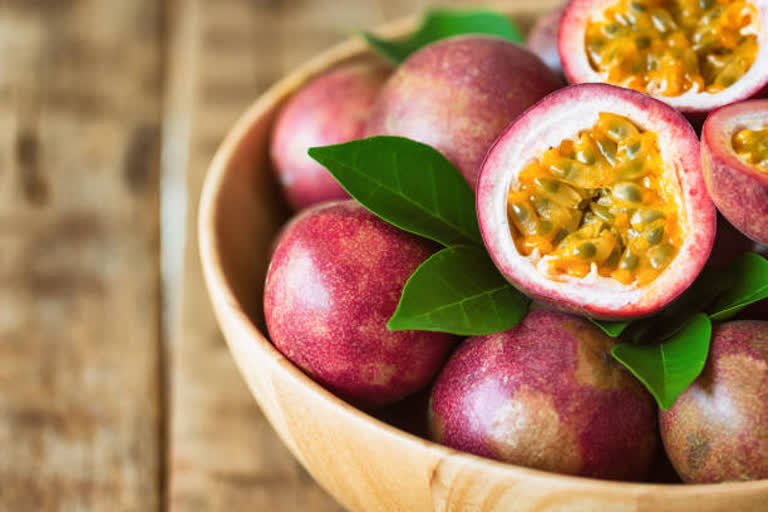Johannesburg [South Africa]: According to research from the University of Johannesburg, the high levels of antioxidants and polyphenols in passion fruit peels have a substantial potential to preserve fresh fruits and fresh cuts in an edible food covering. A covering like this can lessen plastic packaging and spoilage in supply networks.
The researchers extracted, micro-encapsulated, freeze-dried and powdered passion fruit (Passiflora edulis Sims) peels from an organic farm. This varietal is known for its medicinal value. Globally, passion fruit is mainly grown for concentrated juice. Their metabolomic and other analyses in Antioxidants show the powders have the properties needed for a quality, stable, edible food coating. The powders can also be functional ingredients in natural food additives.
When fresh produce is packaged in plastic, the plastic creates a 'micro-atmosphere', says Prof Olaniyi Fawole, from the University of Johannesburg. And that puts the brakes on what oxygen can do to the produce. "Oxygen is the bad guy, it causes a lot of biochemical degradation. So we want to limit the oxygen that gets to the produce. And we also want to limit dehydration. Edible food coatings can potentially solve both the oxygen and dehydration problems in the cold chain," he adds.
The ideal coating:"If you coat the product, you reduce the interference from a high oxygen atmosphere, because there is a barrier. Dehydration is prevented because the coating keeps the moisture on the inside," says Fawole. However, any such coating needs to have high antioxidant content to help prevent spoilage due to oxidation and should also contain antimicrobials. An edible coating should not interfere with the colour, appearance or taste of the product.
Fresh cuts of fresh fruits, which spoil even faster than whole fruit, and which are exposed to far more microbes and dehydration, can benefit even more from such a coating.
Microencapsulation to preserve antioxidants and polyphenols:The microencapsulation process preserved high antioxidant and polyphenol content from the passion fruit peels. This is significant, because antioxidants and other bioactive compounds are easily destroyed by industrial processes, pH, high storage temperature, oxygen, light, solvents, and metal ions.
Also read:Biodegradable 'Starch Bags' to replace polythene bags
The researchers used one of three carriers for the microencapsulation: gum arabic (GA), maltodextrin (MT), or waxy starch (WS). When they measured the encapsulation efficiency (EE) of the three carriers, they found EE's from 82.64 to 87.18%. This indicates that antioxidants and polyphenols should be well preserved within the microcapsules of the coated powder particles. Then they analysed each encapsulated powder in turn for antioxidants and polyphenol content.
